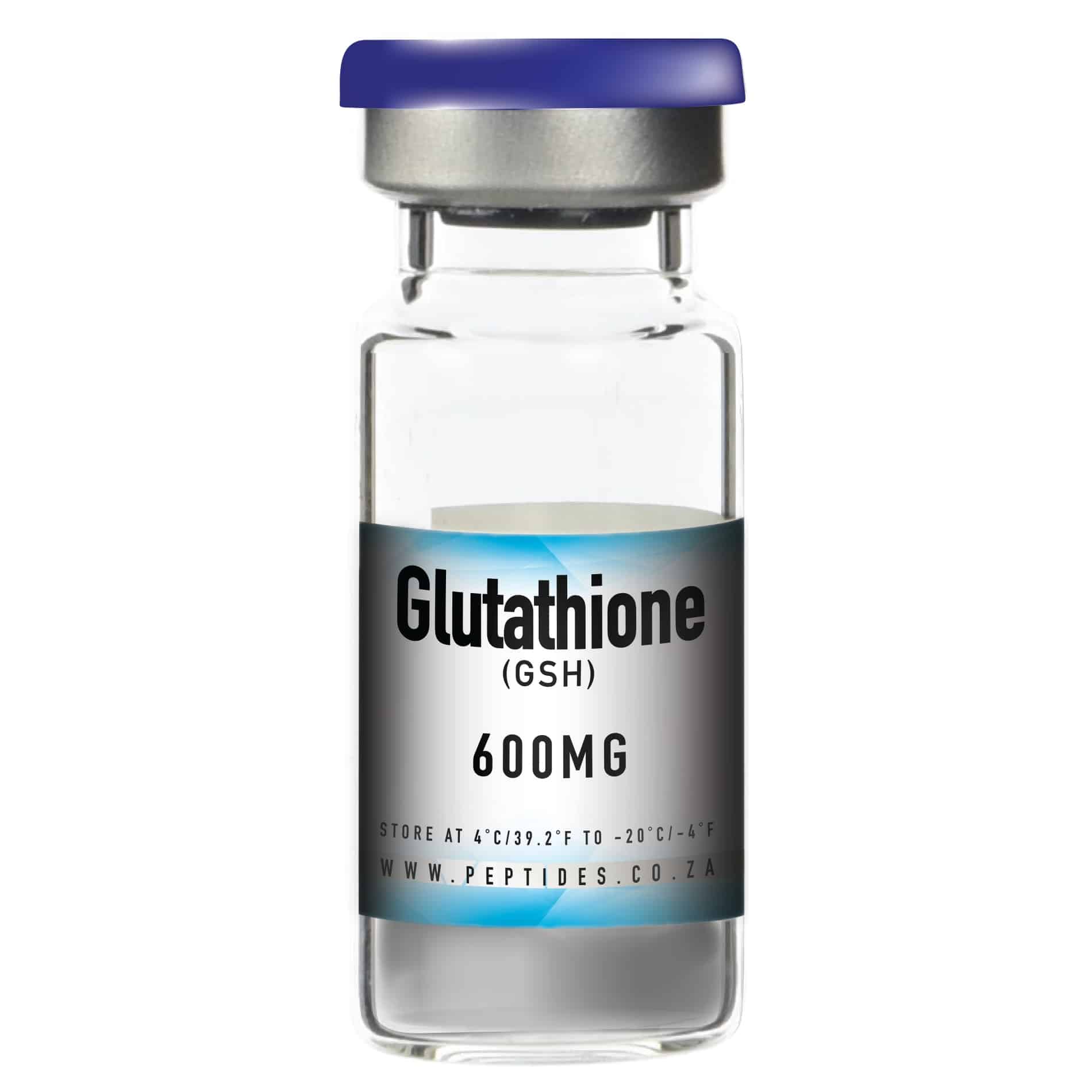Description
Clinical Test Expectation – 4 VIALS of Glutathione – Human Subjects : Skin color lightening. Promote protein metabolism. Powerful antioxidant. Coronary Endothelial Dysfunction. Preterm Infant Lung Health. Chronic Ear Infections. Cystic Fibrosis. Chronic Obstructive Pulmonary Disorder
Strength – 600MG per vial
Introduction
Glutathione is a peptide found in plants and animals. It is a powerful antioxidant produced by the liver to protect the body against free radicals, peroxides, and heavy metals. Glutathione also eliminates poisons such as drugs and pollutants from our bodies.
Low glutathione levels have been associated with higher risks of cancer, Type 2 diabetes, hepatitis, and Parkinson’s disease. You can take glutathione as a supplement or boost glutathione production in the body. Taking curcumin, selenium, vitamin C, and vitamin E can help the liver create glutathione. Sulfur-containing foods like meat and certain vegetables can also boost production.
Glutathione is essential for the immune system’s proper functioning and is vital in building and repairing tissue. It acts as an important antioxidant, which helps protect your body from damage to cells caused by free radicals.
Also, glutathione can provide health benefits like:
Coronary Endothelial Dysfunction
Endothelial cells are responsible for controlling the relaxation and contraction of blood vessels, and the dilation and constriction of arteries affect blood pressure. People with or without atherosclerosis can develop a type of cardiovascular condition where endothelial cells become damaged and no longer function properly, increasing the risk arrhythmia and stroke.
One study examined how this peptide can help reduce blood pressure in people with coronary endothelial dysfunction. Participants who received this peptide via infusion method saw increased blood vessel diameter and blood flow, which together significantly reduce coronary risk factors.
Preterm Infant Lung Health
Low glutathione levels are a contributing factor in the development of chronic lung disease. Some preterm infants are unable to produce enough glutathione, increasing their risk of having persistent lung problems.
One study used an intratracheal administration of glutathione to raise levels in preterm infants. The treatment increased glutathione levels to more than four times that of the levels before treatment. Results showed a lowering of oxidative stress markers, which are indicators of an imbalance between antioxidants and free radicals. This lowering of oxidative stress significantly reduced the risks of treated infants developing subsequent lung disease.
Chronic Ear Infections
Many children are plagued with chronic infections of the ear, which can cause stress and sleepless nights for many parents. Glutathione offers hope as a possible treatment for chronic ear infections.
Sixty children participated in a clinical trial to determine glutathione’s effectiveness in reducing the incidence of ear infections. After receiving daily doses of aerosol glutathione administered nasally for two weeks, 66% of the treatment group reported significant improvement. This study suggests that glutathione could be a promising alternative to surgery.
Cystic Fibrosis
Thirty thousand American children and adults have cystic fibrosis, a disease where the body overproduces mucus. This disease affects the digestive system, the pancreas, and lung function.
Researchers determined that glutathione can help alleviate the symptoms of cystic fibrosis. For eight weeks, study subjects received daily treatments of inhaled glutathione or a placebo, using a nebulizer to turn liquid medicine into a mist, which makes it easy to inhale. The treatment group showed a significant increase in measured peak expiratory airflow — the amount of air they exhaled. Also, people who were part of the glutathione treatment study reported improvement in their cough frequency, mucus production, stamina, and general wellness.
Dosing Details :
You inject 2.5ml water into the vial of GSH from the water vial. 1 full syringe is 1ml. You then wait for the vial powder content to dissolve ON ITS OWN. DO NOT SHAKE THE VIAL TO MIX POWDER. Once dissolved and clear in colour you draw out 15 (one and a half units) on the syringe each morning before breakfast and inject it into the tummy under the skin into the fatty skin layer.
How long will a vial last ?
A vial should last 14 days






Reviews
There are no reviews yet.